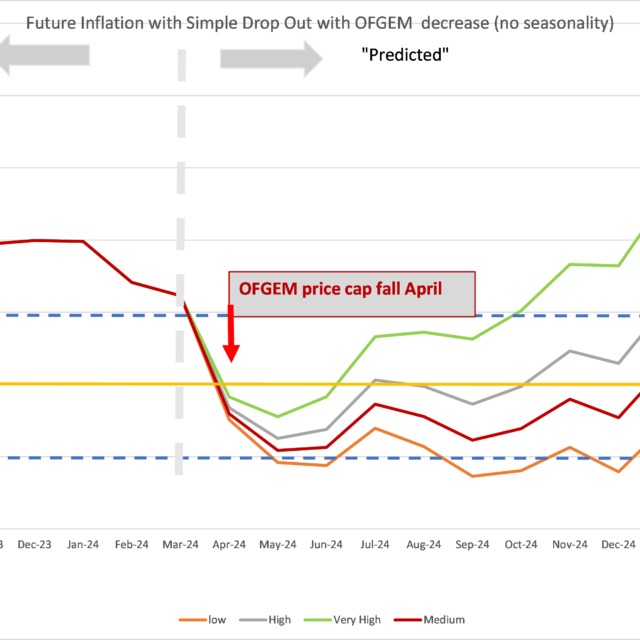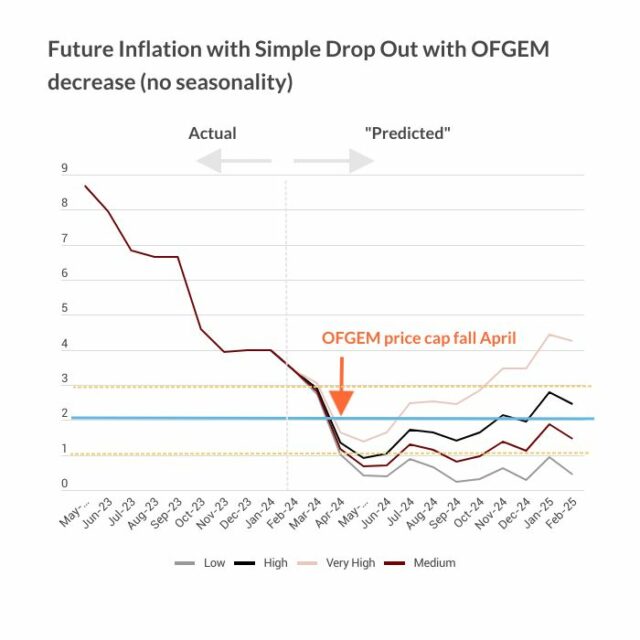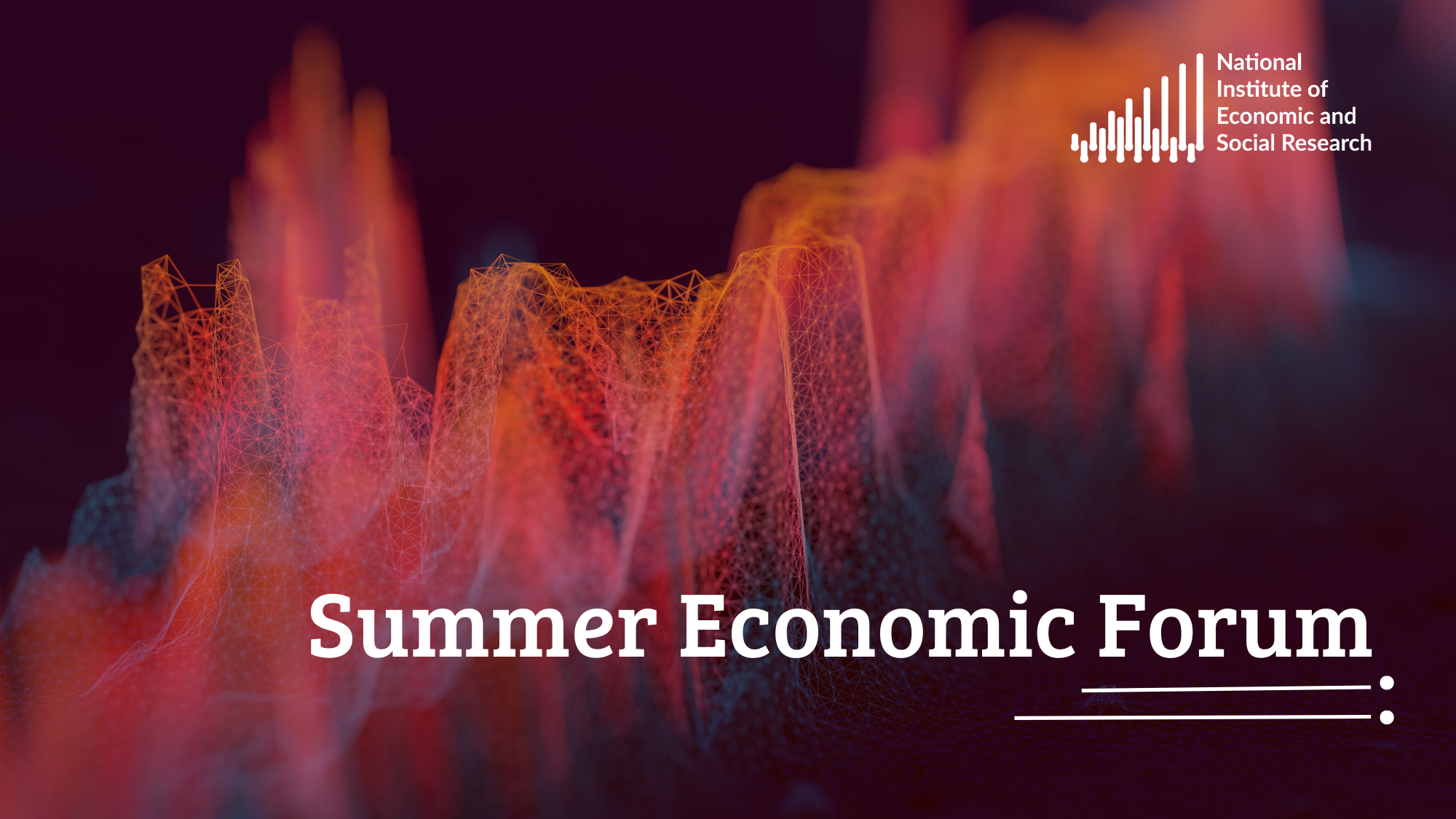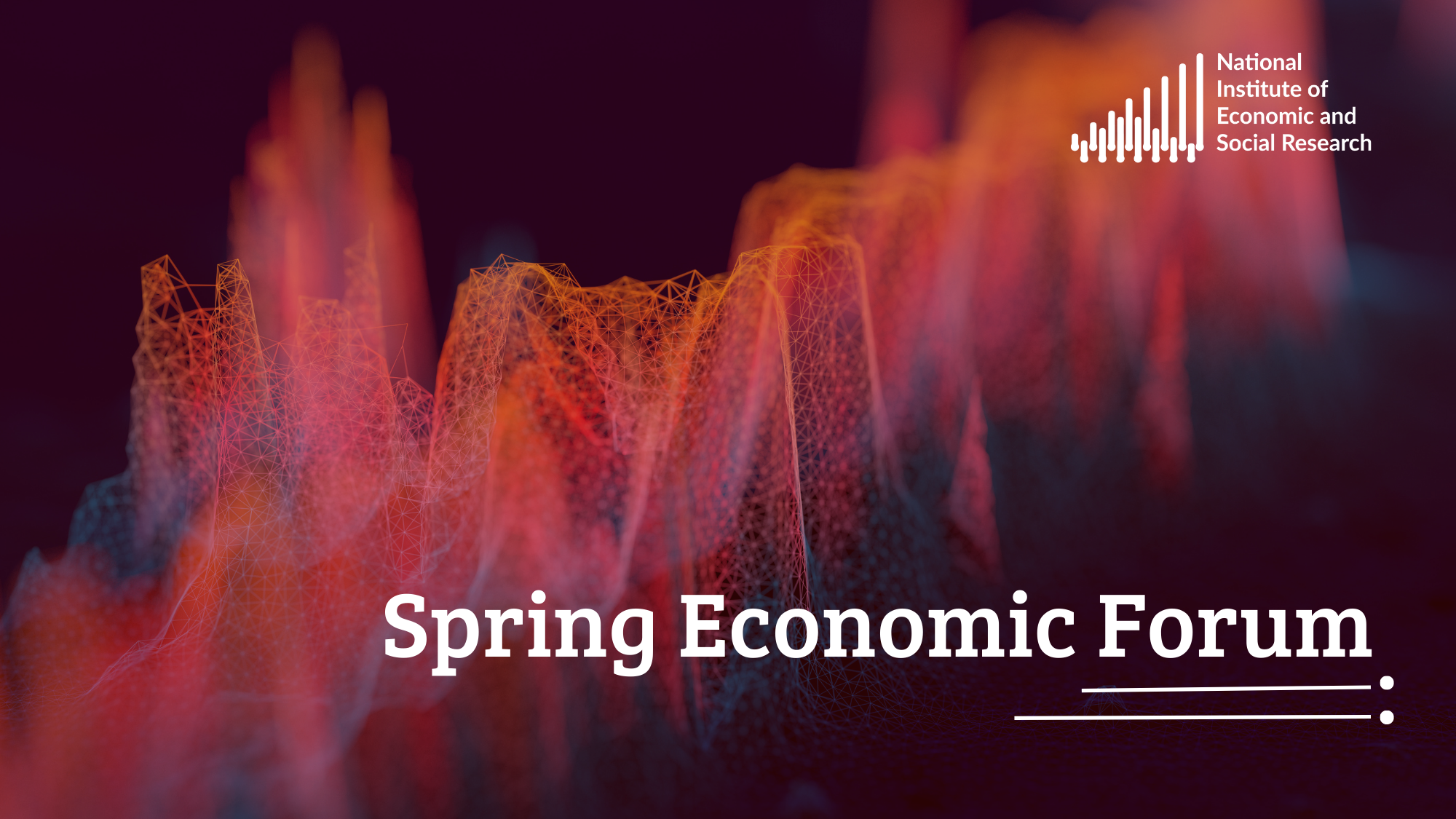- Home
- Publications
- Financial Development, Cycles And Income Inequality In A Model With Good And Bad Projects
Financial Development, Cycles and Income Inequality in a Model with Good and Bad Projects
Financial innovation can promote economic growth by facilitating the efficient allocation of resources but can also provide the seeds for economic crises. Disparities in incomes between workers and entrepreneurs are enhaced during economic downturns.
 Pub. Date
Pub. Date
 Pub. Type
Pub. Type

Downloads
DP545: Financial Development Cycles and Income Inequality in a Model with Good and Bad ProjectsAuthors
External Authors

Pasquale Commendatore

Laura Gardini

Ingrid Kubin
Related Themes
Macro-Economic Modelling and ForecastingJEL Code
E32, E44, G21
Paper Category Number
545
Main points
- Benefits and costs of financial development; Financial innovation can facilitate growth by allocating resources more efficiently; Financial innovation can hamper growth by allocating resources to unproductive activities; Endogenous business cycles; Income disparities along the cycle.
We introduce a banking sector and heterogeneous agents in the Matsuyama et al. (2016) dynamic over-lapping generations neoclassical model with good and bad projects. The model captures the benefits and costs of an advanced banking system which can facilitate economic development when allocates resources to productive activities but can also hamper progress when invests in projects that do not contribute to capital formation. When the economy achieves higher stages of development it becomes prone to cycles. We show how the disparity of incomes across agents depends on changes in both the prices of the factors of production and the reallocation of agents across occupations.
Related discussion papers:
"Banking Concentration and Financial Crises" (DP 516)
"Micro level data for macro models: the distributional effects of monetary policy" (DP 529)
Related Blog Posts

Inflation Still Likely to Fall to 2 per cent or Below Next Month
Huw Dixon
17 Apr 2024
8 min read



What is the Current State of the UK Economy?
Paula Bejarano Carbo
Stephen Millard
26 Feb 2024
7 min read
Related Projects
Related News




Why it’s not worth worrying that the UK has technically entered a recession
26 Feb 2024
4 min read
Related Publications

Recessionary Pressures Receding in the Rearview Mirror as UK Economy Gains Momentum
12 Apr 2024
GDP Trackers
Related events

Summer 2023 Economic Forum

Spring 2023 Economic Forum

Winter 2023 Economic Forum

Autumn 2022 Economic Forum

Summer 2022 Economic Forum

Spring 2022 Economic Forum

Winter 2022 Economic Forum

Autumn 2021 Economic Forum





